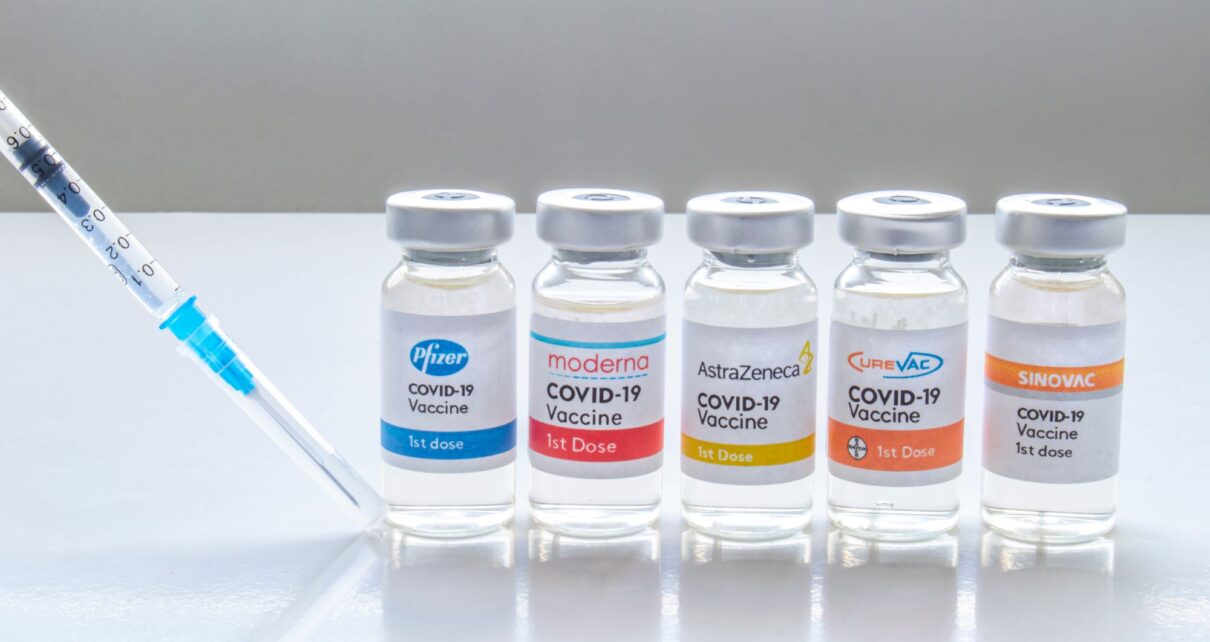The World Health Organization’s (WHO’s) chief scientist advised against people mixing and matching COVID-19 vaccines from different manufacturers, calling it a “dangerous trend” since there was little data available about the health impact.
“It’s a little bit of a dangerous trend here. We are in a data-free, evidence-free zone as far as mix and match. It will be a chaotic situation in countries if citizens start deciding when and who will be taking a second, a third and a fourth dose,” Soumya Swaminathan told an online briefing.
Mixing and matching of Covid-19 vaccines is a method of immunisation using two doses of the shot from different manufacturers. Most vaccines currently in use, including those of Pfizer-BioNTech, Moderna, University of Oxford-AstraZeneca, Bharat Biotech as well as the Russian Sputnik V, are all required to be administered in two doses with the prescribed intervals between the shots differing for each vaccine.
Sputnik V also has a single-dose vaccine named Sputnik V Lite and the jab by Johnson & Johnson is a single-dose vaccine too.
“There is limited data on mix and match. There are studies going on, we need to wait for that. Maybe it will be a very good approach. But, at the moment we only have data on the Oxford-AstraZeneca vaccine, followed by Pfizer. It will be a chaotic situation in countries if citizens start deciding when and who will be taking a second, a third and a fourth dose,” she said.
Moreover, researchers conducting a study in Spain have found that vaccinating people with both the Oxford–AstraZeneca and Pfizer–BioNTech COVID-19 vaccines produces a potent immune response against the virus SARS-CoV-2.
Because of safety concerns, several European countries are already recommending that some or all people who were given a first dose of the vaccine developed by the University of Oxford, UK, and AstraZeneca in Cambridge, UK, get another vaccine for their second dose. Researchers hope that such mix-and-match COVID-19 vaccination regimens will trigger stronger, more robust immune responses than will two doses of a single vaccine, while simplifying immunization efforts for countries facing fluctuating supplies of the various vaccines.
On the other hand, Canadian health officials have also defended their decision to allow the mixing and matching of Covid-19 vaccine doses after WHO criticised the practice and called it a “dangerous trend”.
But Canada’s health officials stood by the decision to offer second doses that are different from the first.




